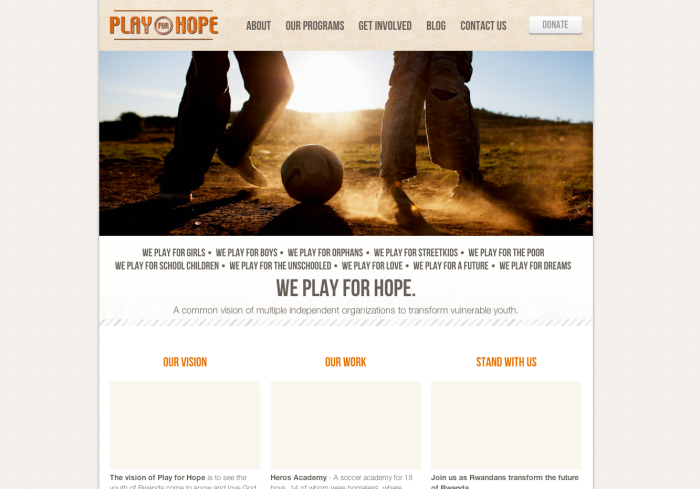I used to think it was true that if you want something so much that it makes you miserable to not have it, that the reason you are miserable is that you want that thing too much. I suppose in part, that is true enough, but I think that sentiment actually falls short of the full truth.
We are designed by God to know God and enjoy being known by God. The way we do that is only through casting off hope in anything and everything else in the universe to look upon Jesus for salvation from sin and redemption to relationship with God, and to keep looking His direction forever. So it should suffice to say the one who pursues happiness need look no further than to Christ Jesus for the rest of his days and there find the rest, happiness, and fulfillment he has longed for every day of his life. A single hope to know God and enjoy Him forever is the only Hope we shall ever need. But we are left with a lot of other desires that must be dealt with.
What I have found, though, is that securing that as one’s single hope is not easy to do by any means, and I do not intend here to try to answer how to sufficiently look to and hope in God and there find happiness. Rather, it is my aim to expose a truth about people and our fickle desires and our feeble ability to be truly pleased when we get them. One of the most basic truths of people is that we have the peculiar ability to fix our desire and attention on most anything and expect it to solve the mystery of our discontentment and satisfy it fully. However, I have found that the times I most truly enjoy something is when that thing is not what I had presently set my heart upon. I am a decent musician, but have no hopes of gaining attention or reputation for my abilities. I simply enjoy making and listening to music, and sometimes, often when I expect it least, I am swept up by the most beautiful or invigorating music. In those moments, though I was not looking for them, the only way I can enjoy those sounds more is to either bask in their glory with eyes shut or join with them and sing or play or drum along. I love music, but I know that if I were to set my hope upon being recognized as a great musician, and respected and known for my ability, music would become a means to an end, and I would grow to either hate it in my failure, or love it only insofar as it points to my glory in my success. But I would not actually enjoy music any more.
I believe this is true of most anything a man could desire in life: his work, a relationship with a woman and marriage, a new possession, the best of foods or comforts, a well-ordered home life. It is admirable to work at seeking these things out. We have been commissioned of God to “work and till the earth,” to cultivate culture and our homes and hone our abilities and do with excellence anything we would set our minds to. But we must distinguish for ourselves whether the chief end of our pursuit is for God’s glory or for our own. We must beware humbly what our hearts would hope in and pray diligently for such an awareness. It is no wonder that Buddhists seek to eliminate desire altogether. They rightly identify that behind every evil we perceive in this world lies human desires. They rightly see that they are very dangerous, but their conclusion is misdirected. Desire is not an enemy to be destroyed, but rather a gift from God that must be redirected by Grace to motivate us to pursue those things we would pursue with a passion and energy for God’s renown that puts Christ on display as the only worthy End of our pursuits.
